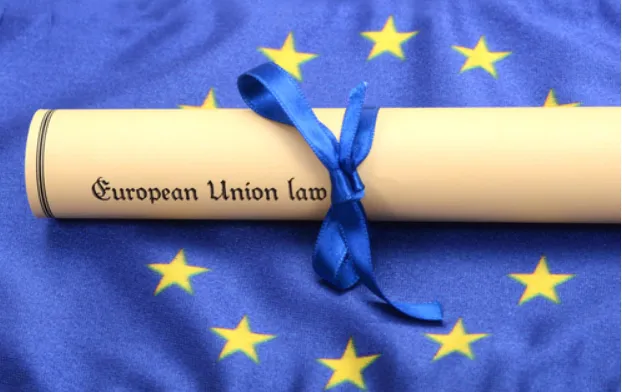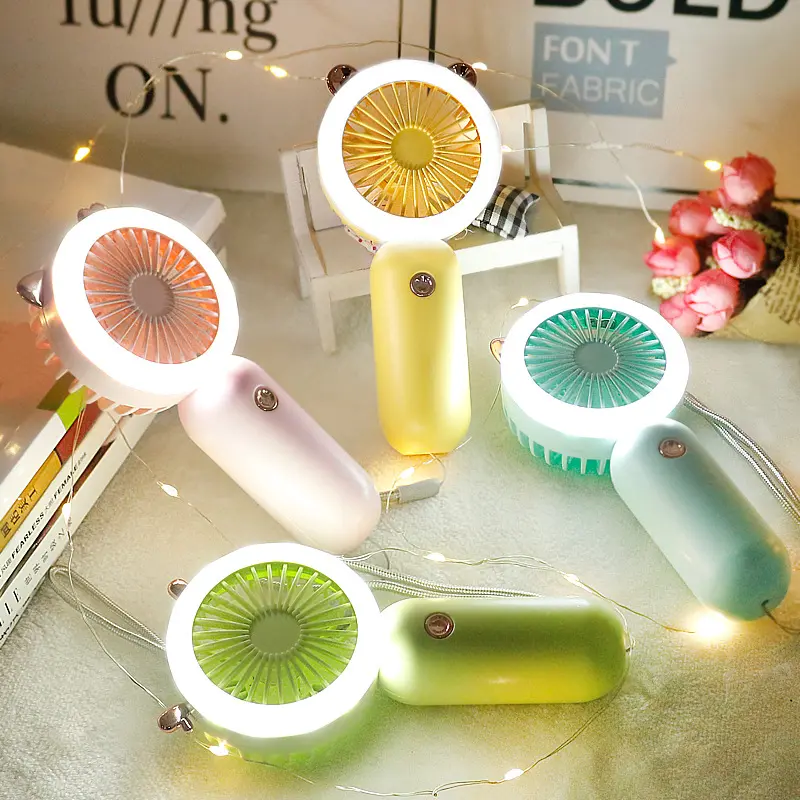
Is RoHS Required for CE Mark?
CE certification and the RoHS Directive are both regulations established by the European Union concerning electronic products, but they have different objectives and scopes. To answer the question, "Does CE certification include RoHS?" we first need to understand the specifics of these two regulations.

What is CE Certification?
CE certification is a mandatory safety certification system for products imported into or sold within the EU. The CE mark indicates that a product complies with the relevant EU health, safety, and environmental protection requirements. To obtain CE certification, manufacturers must demonstrate that their products conform to the applicable EU directives and standards, which cover various aspects of product design, manufacturing, labeling, and usage.
What is the RoHS Directive?
The RoHS Directive, officially known as the Restriction of Hazardous Substances Directive, is an EU regulation aimed at environmental protection. It restricts the use of certain hazardous substances in electronic and electrical equipment, such as lead (Pb), mercury (Hg), cadmium (Cd), hexavalent chromium (Cr6+), polybrominated biphenyls (PBBs), and polybrominated diphenyl ethers (PBDEs). Manufacturers must label their products with a RoHS Compliance declaration to prove that they meet the directive's requirements.
Is RoHS Compliance Necessary for CE Certification?
Although CE certification and the RoHS Directive are both related to electronic products, they serve different purposes. CE certification focuses on product safety and conformity, while the RoHS Directive primarily regulates the use of hazardous substances in electronic and electrical equipment. Therefore, RoHS compliance is not directly included in CE certification.
However, in practice, many electronics manufacturers consider RoHS requirements when applying for CE certification. This is because some CE directives, such as the Electromagnetic Compatibility (EMC) Directive and the Low Voltage Directive (LVD), are closely related to RoHS requirements. Additionally, with increasing environmental awareness, consumers and buyers are paying more attention to product sustainability. This encourages manufacturers to integrate RoHS compliance into their product design and production processes.
While CE certification does not directly include RoHS compliance, manufacturers often consider RoHS requirements when obtaining CE certification. This ensures that their products meet both EU safety and environmental protection standards, gaining wider market acceptance. For consumers and buyers, understanding the requirements of both CE certification and the RoHS Directive can help them make informed decisions when selecting electronic products.
Email:hello@jjrlab.com
Write your message here and send it to us
 FCC Certification Fees for Handheld Fans
FCC Certification Fees for Handheld Fans
 FCC Certification Testing for Smart Lighting Produ
FCC Certification Testing for Smart Lighting Produ
 What is the ETSI EN 303 645 Testing Standard?
What is the ETSI EN 303 645 Testing Standard?
 UL Compliance and ETL Certification for LED Lighti
UL Compliance and ETL Certification for LED Lighti
 What is the IEC 60598 Standard?
What is the IEC 60598 Standard?
 What is the Canada IC Logo?
What is the Canada IC Logo?
 EMC Pre Compliance Testing
EMC Pre Compliance Testing
 PAHs Testing (Food and Textile)
PAHs Testing (Food and Textile)
Leave us a message
24-hour online customer service at any time to respond, so that you worry!




